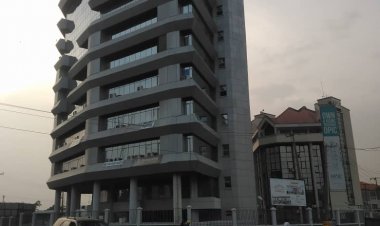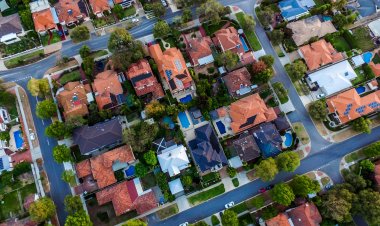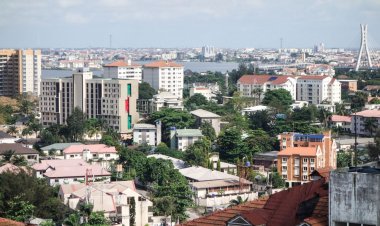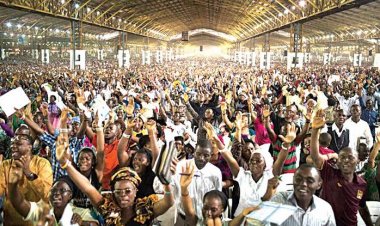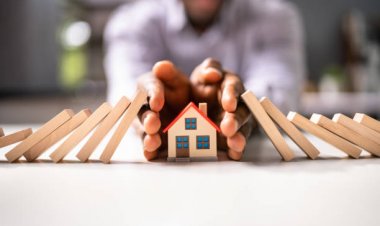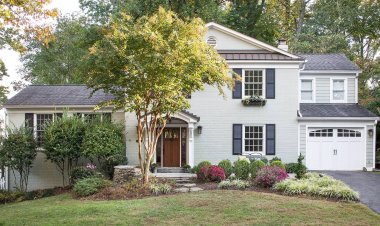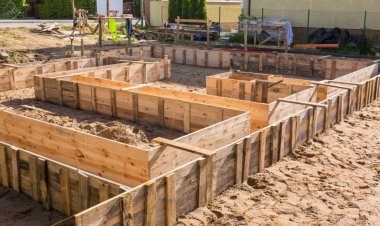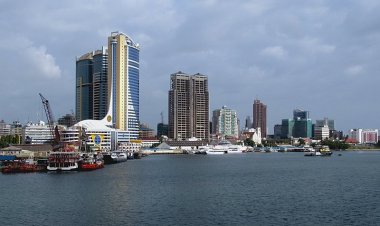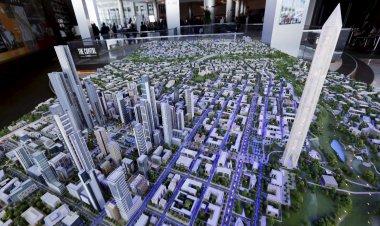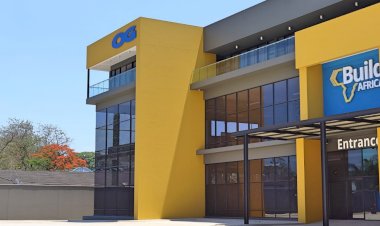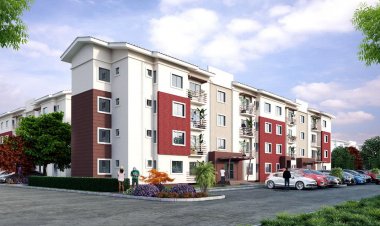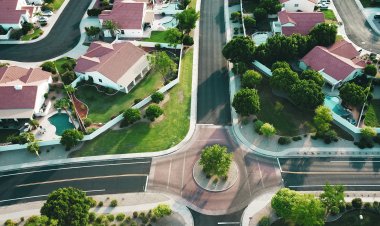Real Estate Experts Optimistic As Nigeria's Sector Underperforms
Despite the greater economic activity, real estate and construction remained low as operations continued to rely on...
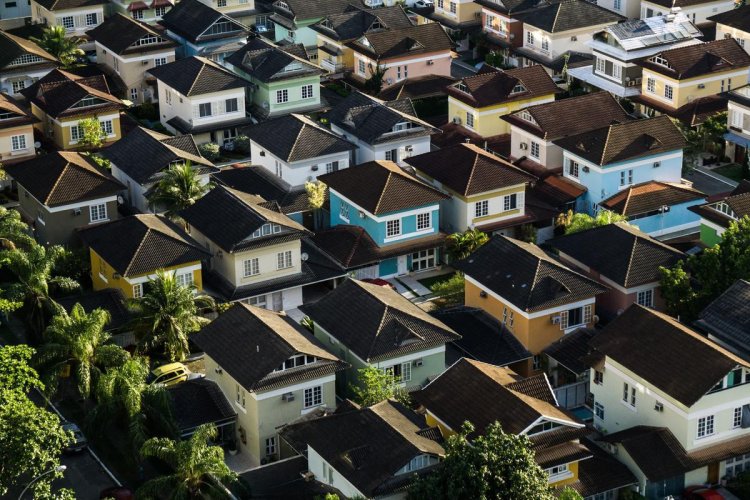
After the COVID-19 pandemic disrupted real estate activities, the industry players noted that 2021's inflation and exchange rates hampered business.
The National Bureau of Statistics (NBS) reports that Nigeria's GDP grew 4% year-over-year in the 3rd quarter of 2021, following a 5% expansion in the prior period, the strongest since the fourth quarter of 2014.
Nigeria's real estate sector grew 3.85% in-quota two of 2021 and 10% in-quota three of 2021 and has seen significant quarterly YoY growth since quota one of 2021.
Despite the quarter's greater economic activity, real estate and construction remained low as operations continued to rely on imported construction materials, and inflation on domestic resources increased construction costs.
During COVID-19, industry players expected 2021 to reconstruct the previous year.
According to Olutoyin Ayinde, president of the Nigerian Institute of Town Planners (NITP), housing makes up about 70% of real estate operations.
Ayinde said housing is unaffordable but "better than 2021." He said economic drivers, especially in real estate, must look inwards.
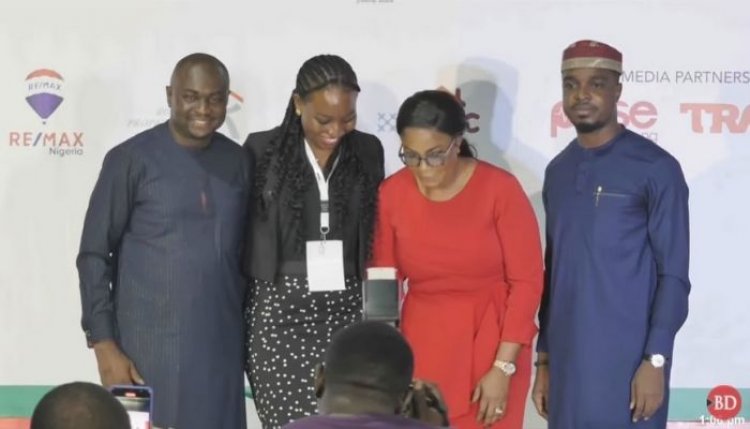
All of our "diversification efforts" have been merely lip service. We still rely on oil for the supply of some building components that can be sourced locally and sustainably. Improving security would increase housing.
He suggested using wood for partitions and floors to build structures lighter and cheaper.
Ayinde urged the government to fund research to develop local building solutions.
He asked the government to focus on land management and planning to create well-regulated cities.
Enyi Ben-Eboh, president of the Nigerian Institute of Architects (NIA), said the year under review was not positive for housing as 2020's dismal economy slides into 2021.
Ben-Eboh said that during economic downturns, the construction industry suffers the most because houses are a luxury.
He remarked that measures which should have been implemented to address the sector's challenges in the year were overlooked, and many things went wrong.
The economy faltered after the COVID-19 pandemic lockdown. That affected building material costs. Due to the shutdown, building materials inflation skyrocketed.
The Naira's recent depreciation has increased the cost of several imported building goods. Depending on the region, cement prices have risen this year.
States must domesticate code requirements so professionals have a defined role in project development and the government can promptly assess compliance in order to curb persistent building collapse.
Many employment were lost in the industry and elsewhere owing to the economic recession; many offices can't keep the staff they had before COVID-19.
The NIA head asked government and business professionals to define a proper direction. He added the government should work with expert groups to handle surveillance.
He remarked, "Professional bodies should be the government's watchdogs, and the administration should involve them in every endeavor." Let state development control agencies endeavor to domesticate the building standards.
Babagana Mohammed, president of the Nigerian Association of Engineers (NSE), stated that society isn't satisfied with the sector's performance and that more work remains to be done.
According to Muhammed: "Engineers and the corporate sector must actively participate in housing." The government can't do it alone because of competing demands and limited funds.
In order to attract investors because banks are short on funds, we must take considerable action. "Integrity is needed to grow the sector. Government must grow vocations. Government should follow the engineers' lead. Government can't lead; professionals should do it."
He remarked that homes are still expensive and that affordable housing plans no longer exist.
Private sector specialists should plan and implement housing initiatives. We don't want collapsing houses, thus not everyone cares. We need strong engagement from professional organizations and engineers since every construction stands on their design and calculations, Muhammed remarked.
Sir Emmanuel Wike, president of the Nigerian Institution of Estate Surveyors and Valuers (NIESV), said government policies haven't helped the sector.
After limits and palliatives for diverse sectors, he said a fiscal and monetary strategy that boosts real estate and the economy is needed.
Wike said the government must engage more in real estate and infrastructures for housing to recover. He said the sector generates menial and professional jobs.
If you have a real estate press release or any other information that you would like featured on African Real Estate Blog Post do reach out to us via email at [email protected]








